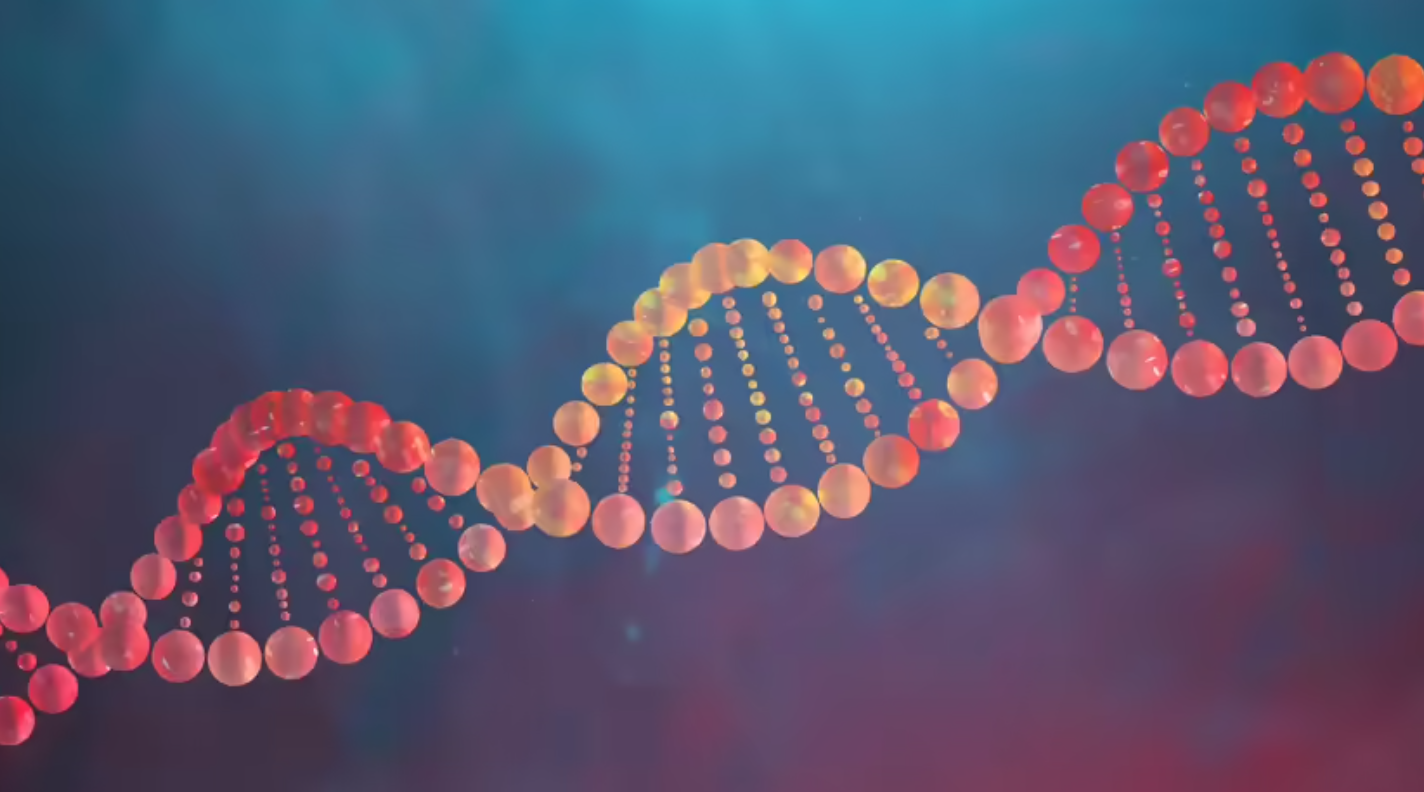If you’ve ever thought about cloning your pet in the future, there’s one crucial step to take long before you make the final decision: DNA banking. In the UAE and Saudi Arabia, an increasing number of pet owners are choosing to store their cat’s or dog’s DNA while the animal is still healthy. This proactive move ensures that if they decide to clone — whether months or years later — the genetic material will be ready and viable.
What Is Pet DNA Banking?
Pet DNA banking is the process of collecting, preserving, and storing tissue samples from a living or recently deceased animal. These cells are frozen under specialized conditions, allowing them to remain usable for cloning, genetic research, or even personalized veterinary care in the future.
The procedure typically involves a small biopsy, often from skin or ear tissue. This sample is then treated, stored in a biobank, and cataloged for future retrieval.
Why Is DNA Banking Important?
Cloning depends entirely on having live, undamaged cells. Once a pet passes away, the clock starts ticking. You have about 72 hours to retrieve viable cells — but only if the body is refrigerated (not frozen). If not handled properly, the chances of successful cell culture drop dramatically.
Banking DNA in advance avoids this risk entirely. It gives you time, freedom, and peace of mind — knowing that your pet’s unique genetic identity is safely preserved.
When Should You Bank Your Pet’s DNA?
The ideal time to bank DNA is when your pet is healthy. Many families choose to store DNA as a precaution — especially for senior animals or rare breeds. The procedure is fast, minimally invasive, and requires only a tiny sample, generally less than 1–2 cm², taken under light anesthesia by a veterinarian.
In some cases, pet owners choose to bank DNA immediately after death. While this is still possible, timing and temperature control are absolutely critical. The body must be kept at 4°C and biopsied within 1–3 days to have any chance of recovering viable cells.
How Is DNA Stored?
Once collected, the tissue sample is preserved in a sterile transport solution (PBS with antibiotics) and shipped in a thermally insulated container with ice packs. Upon arrival at a partner biobank, the cells are isolated, cultured, and frozen using cryopreservation methods. The sample can then remain viable for many years.
Skytyx collaborates with certified international laboratories to ensure your pet’s cells are safely processed and stored under strict quality controls. We also offer in-house cell culture growth services — a vital step that ensures your pet's live cells are expanded and ready for future embryo creation, which is essential for cloning. We coordinate everything — from sample collection at your local vet to long-term storage overseas.
Pet DNA Banking in the Gulf: Growing Awareness
More clinics in Dubai, Riyadh, and other Gulf cities cooperating with Skytyx and offering DNA banking as part of advanced veterinary services. This trend reflects rising awareness of cloning, genetic health planning, and the desire to stay ahead of time-sensitive decisions.
As the pet biotech space grows in the region, storing DNA is becoming less of a luxury and more of a thoughtful choice — especially for:
- Families with aging or chronically ill pets
- Owners of rare or purebred animals
- Those interested in future cloning or gene-based care
Final Thoughts
Pet DNA banking is the quiet first step in what may someday become a life-changing journey. Whether or not you ever choose to clone your pet, preserving their genetic material keeps the door open. It’s about having a choice — not being forced to make one under pressure or grief.
Skytyx helps families across the Gulf secure clone-ready samples from cats, dogs, horses, and more. If you’re curious about DNA banking or want to schedule a biopsy, we’re here to support you every step of the way.
